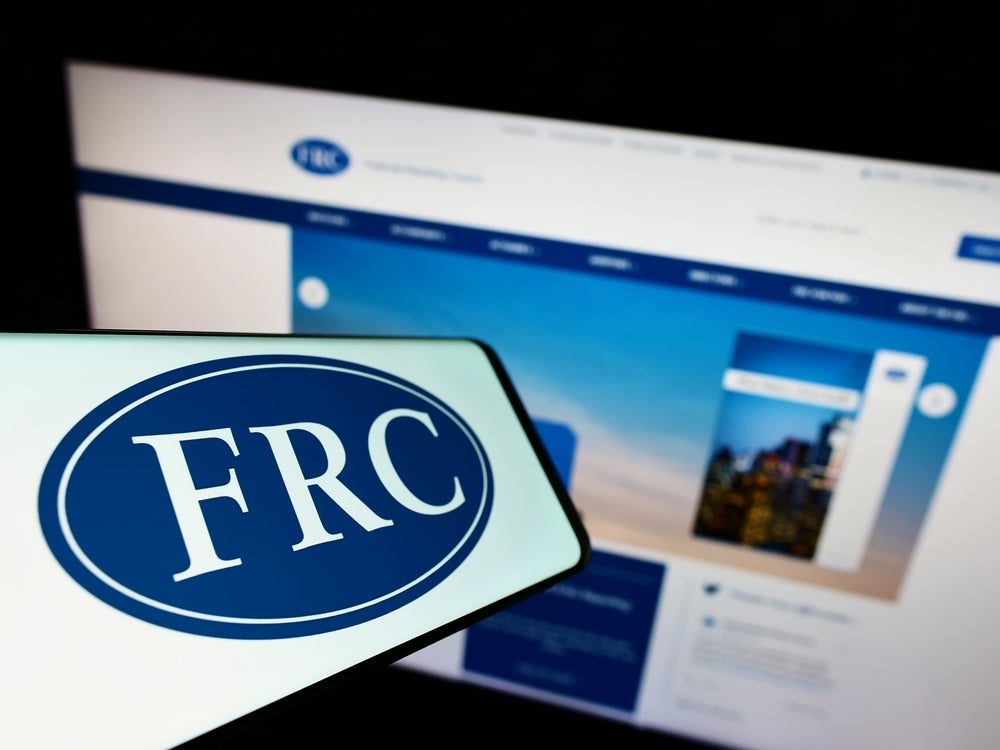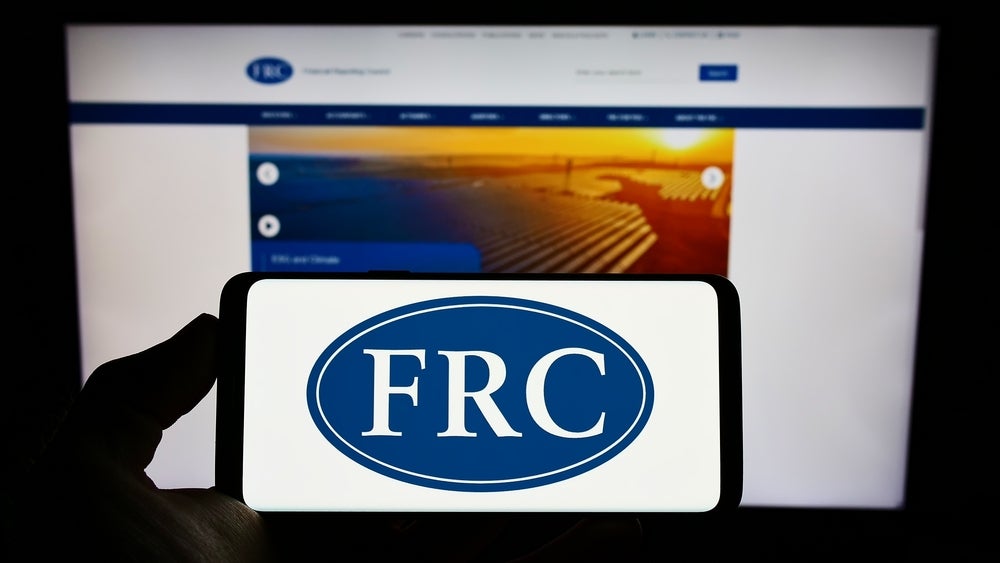An assessment by the UK’s Financial Reporting Council (FRC) of the 2010 audit firm governance code has praised its successes, but suggested more should be done to reconcile it with the public’s interest, including the introduction of "an independent voice" at an international network level.
In the review published this month, the FRC said that despite not being a regulatory requirement, the eight firms to which the code is applied (Baker Tilly, BDO, Deloitte, EY, Grant Thornton, KPMG, PwC and Mazars) have used it to improve the governance of their businesses.
However the report goes on to state that there is scope for the action to be built upon.
In particular, it suggests that the principle of external challenge, implemented nationally by the firms through the introduction of independent non-executives, be extended to the international network organisations as well.
Introduced in 2010, the code was applied to firms responsible for auditing the financial information of more than 20 public interest entities (PIEs), defined as companies listed on the main market of the London Stock Exchange.
At the time, the firms included PKF and excluded Mazars, but it has evolved to its current form following Mazars’s subsequent adoption of the code and the merger between BDO UK and PKF UK in 2013.
How well do you really know your competitors?
Access the most comprehensive Company Profiles on the market, powered by GlobalData. Save hours of research. Gain competitive edge.

Thank you!
Your download email will arrive shortly
Not ready to buy yet? Download a free sample
We are confident about the unique quality of our Company Profiles. However, we want you to make the most beneficial decision for your business, so we offer a free sample that you can download by submitting the below form
By GlobalDataIn 2010, the eight original firms audited around 95% of relevant PIEs and the code was introduced as a voluntary benchmark for good governance.
It was introduced on the basis of a recommendation included in an October 2007 report by the FRC’s Market Participants Group (MPG), which stated: "Every firm that audits public interest entities should comply with the provisions of a Combined Code-style best practice corporate governance guide or give a considered explanation."
Commenting on the code’s success, five years on from its inception, FRC chief executive Stephen Haddrill said: "The code itself should more sharply define the public interest, particularly by explicitly recognising the importance of audit quality."
However, he added: "It should continue to be sufficiently flexible to allow firms to apply it in ways which best suit their governance structure."
Among the firms adhering to the code, Mazars has in the past praised it as a move towards transparency, as well as a proof of the importance of mid-tier firms for the UK market.
Upon adopting the audit firm governance code, Mazars UK senior partner David Evans said: "We believe the Code will enhance transparency among the main audit firms, and increase confidence among shareholders of listed companies the public interest is being held in full regard."
The firm’s UK head of public interest markets, and member of the MRG, David Harbinet added: "I believe application of the code will highlight that there are more than just four firms with the capabilities and capacity to audit most FTSE 100 and FTSE 250 companies. A reduction in concentration in the audit market will be to everyone’s advantage."






